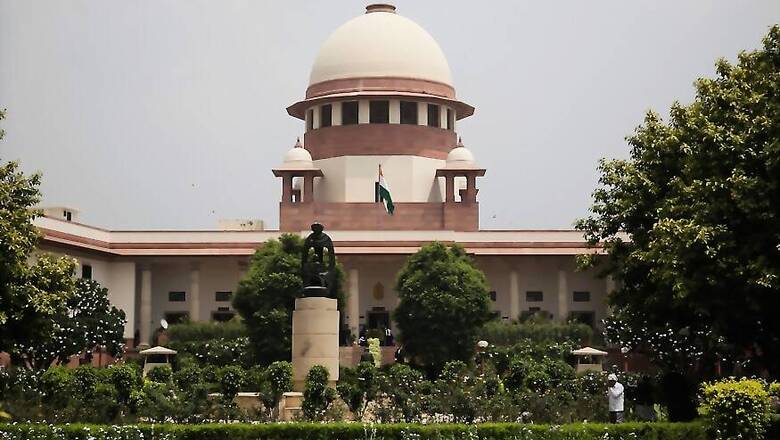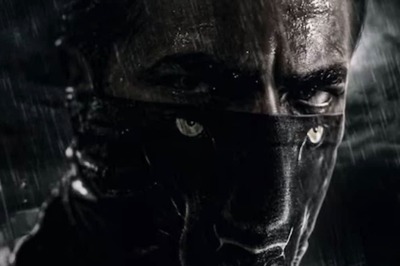
views
New Delhi: The Supreme Court asked the Election Commission on Monday to pass a "reasoned order" on a representation seeking to restrain political parties from fielding candidates with criminal antecedents in polls.
A bench headed by Chief Justice S A Bobde passed the order while refusing to entertain a PIL filed by lawyer and BJP leader Ashwini Upadhyay seeking a direction to the poll panel to devise a mechanism to ensure that parties be restrained from fielding candidates with criminal records.
"We direct the Election Commission of India to consider the representation of the petitioner (Upadhyay) dated January 22, 2019 and pass a reasoned order within three months," said the bench, also comprising Justice B R Gavai.
The top court, while disposing of a similar PIL, had on Jaunary 21 this year directed the petitioner to approach the poll panel which was also asked to treat the plea as a representation for taking requisite steps.
Upadhyay alleged that the EC did not act, forcing him to file the plea afresh and now the apex court has directed the EC to pass a reasoned order within three months from today.
Upadhyay had sought a direction to the EC "to restrict political parties to setup candidates with criminal antecedents in serious offences".
The plea said the cause of action had arisen on October 10, 2018 when the EC, while issuing notification for assembly elections in five states, did not amend the Election Symbol Order 1968 and the Model Code of Conduct to restrict political parties from fielding candidates with criminal records.
"Criminalisation of politics in India has only grown. Data published by the Association for Democratic Reforms shows that 24 per cent members of Parliament have criminal cases pending against them....
"Out of 7,810 candidates analyzed for the 2009 elections to Lok Sabha, 1,158 or 15 per cent declared criminal cases of which 610 or 8 per cent had serious cases. Out of 8,163 candidates for the Lok Sabha elections in 2014, 1398 or 17 per cent declared criminal cases of which 889 or 11 per cent had serious cases," the plea said.



















Comments
0 comment